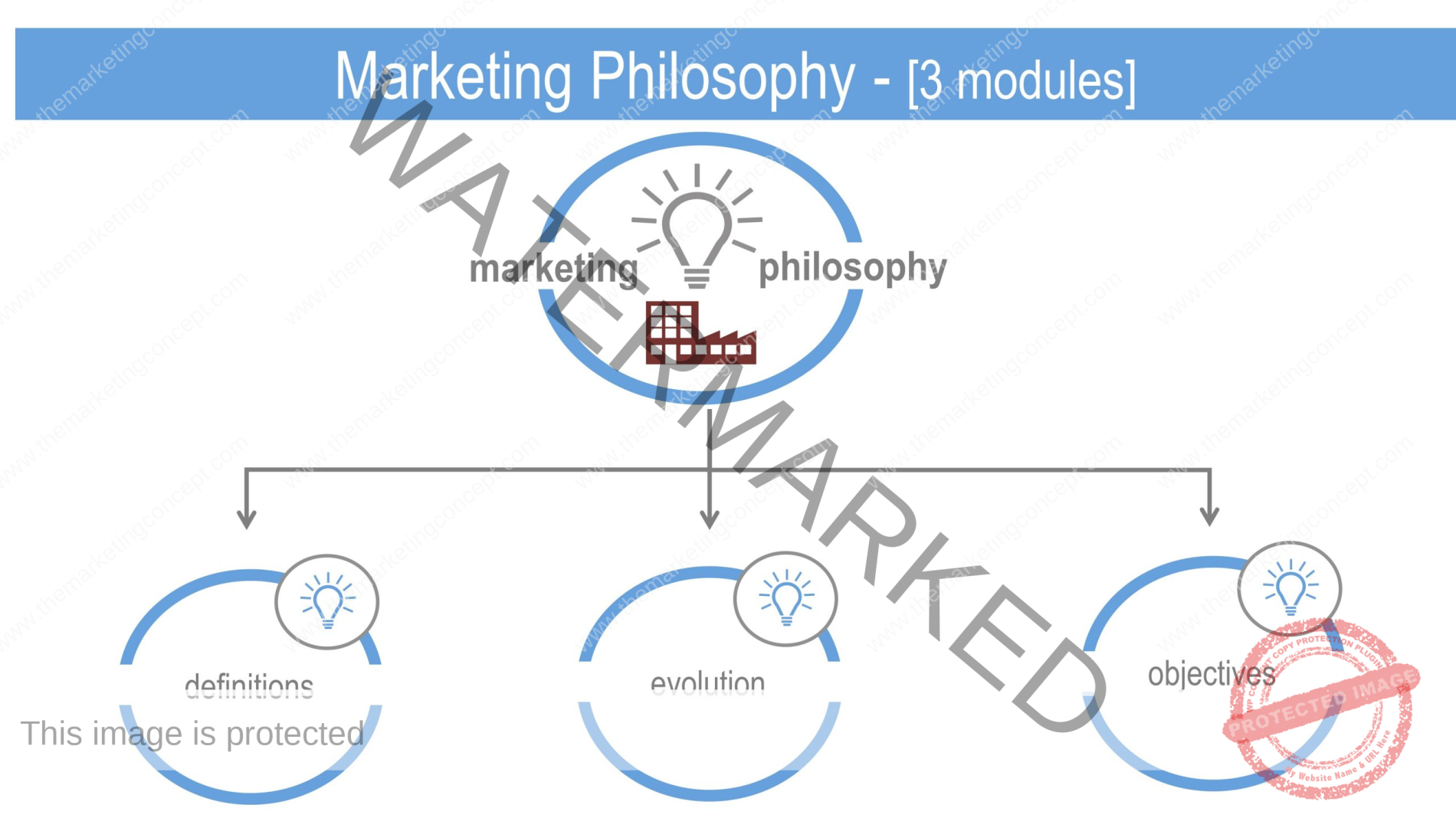
Section1
marketing philosophy
Section 1 has 3 modules – marketing definitions, the evolution of marketing, and the marketing objectives of marketing practitioners.
The foundations of marketing knowledge are constructed in section 1; we will: holistically, discuss the values embedded in the marketing concept; discuss and define markets and marketing from both a buyer and seller’s perspective; Explore what is marketing and what is not marketing; discover how marketing has evolved and how history has revealed 4 marketing quests; identify the role of marketing in shaping society; identify how marketing has a role in the financial, strategic and communication objectives of an organisation
click images to access modules
1:1 Marketing definitions
In the module ‘marketing definitions’ we explore the foundation language of marketing practitioners and scholars.
We explore two marketing definitions; this will enable us to view marketing from 1] a consumers’ and 2] an organisations’ perspective. Initially we will explore a classic definition of marketing. It is a simple definition; however, this classic definition allows us to explore several important concepts and the opportunity to discuss what is inferred within this classic definition. Then we introduce a contemporary definition of marketing this provides the opportunity to explore marketing from an operational perspective this definition sets the direction for much of the e-book.
Armed with our definitions of marketing we explore the meaning of markets, the marketing concept, and a marketing philosophy. At first this may seem as if it is an exercise in semantics, however, clear definition is important.
1:2 The evolution of marketing
The evolution of marketing is a large module and for convenience has two chapters.
In the first chapter, we look at the evolution of marketing from a societal perspective. Although the evolution of marketing and society is historically fascinating, the takeaway message is how societies have evolved through marketing and likely to evolve in the future. Our investigation reveals 4 identifiable recurring patterns that indicate that marketing is ‘the quest for the best’.
In the second chapter, we look at the evolution of marketing from a theoretical perspective – how marketing as a discipline has evolved. We introduce key events in marketing theory and discuss two other business concepts – the production concept and the selling concept. There is also a discussion of the formative years of marketing from an academic perspective. The evolution of marketing from an academic perspective demonstrates that marketing theory and practice have evolved as society has evolved.
1:3 The marketing objectives of marketing practitioners.
This module explores the 9 key marketing objectives of marketing practitioners. The objectives are arranged into 3 objective categories: Financial objectives, Strategic objectives, Communication objectives.
This is the smallest module in the e-book and the danger is that it could be skimmed through. However, the ideas that are introduced in this module are critical to an understanding of marketing and to the success of an organisation. Therefore, it is important to keep in mind that all discussions in the e-book are in some way directed towards achieving one or more of the 9 objectives of marketing practitioners.
In this review we revisit and review section 1 – a marketing philosophy – provide a brief explanation and synthesise the key elements. Note, it is important to self audit your learning and revise where needed.






